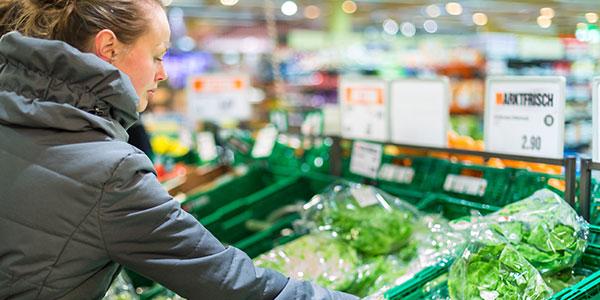Choose a different country or region to see the content specific to your location
Select Your Country/Region
Current Region:
 USA (EN)
USA (EN)
Choose a different country or region to see the content specific to your location
Current Region:
 USA (EN)
USA (EN)

The Neogen blog states that since November 20, 2017, there have been 164 Salmonella illnesses spanning 35 states with 63 people hospitalized and one death reported.
The CDC shows that as of June 27, 2018, 210 people were infected with E.coli infections linked to romaine lettuce. 96 were hospitalized, with five reported deaths. Then again in October, there was another outbreak with 62 people infected in 16 states. 25 people were hospitalized.
It seems like every week there is some type of food warning or recall. To protect yourself and your family from recalls go to https://www.fsis.usda.gov/wps/portal/fsis/topics/recalls-and-public-health-alerts/. Before you enter the site, sign up to receive email updates for the latest food safety news and information from the Food Safety and Inspection Service.
Other options include:
FSIS.USDA.gov that provides you with recalls involving:
FDA.gov lists recalls involving the following:

Be informed —
Symptoms of Salmonella poisoning include nausea, vomiting, diarrhea, and sometimes a fever. They can also include loss of appetite, abdominal cramps, and a headache.
Symptoms of E.coli can include severe stomach cramps, diarrhea, and vomiting, as well as a possible fever. If you have any of these symptoms talk to your healthcare provider, write down what you ate the week before you got sick, and report it to your health department.
Continue to be proactive and protect yourself —
And remember, if you are affected report to your health department. Doing this could stop others from getting sick.
How can we help you?